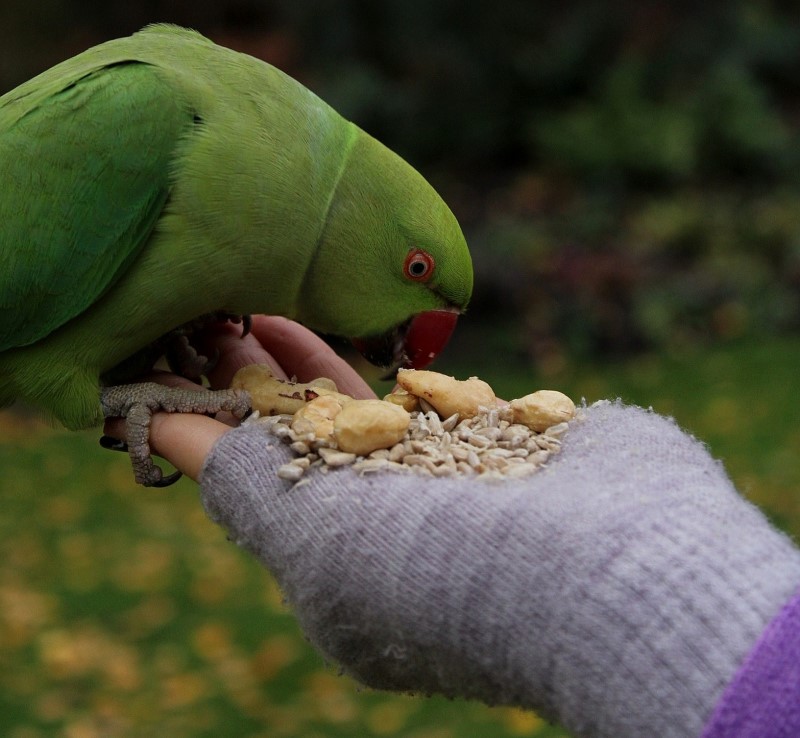JavaScript seems to be disabled in your browser. For the best experience on our site, be sure to turn on Javascript in your browser.
How to Prepare to Adopt a Bird and Bring Your New Pet Home

Are you deliberating on adopting a pet bird? There are many factors you may need to consider aside from deciding which type of bird to get
The first few questions you might need to ask yourself and answer are;
Are you ready to commit to this?
Where will your bird live?
Who would look after your bird?
Would the cost of raising the bird be affordable?
Would you get one bird or a pair?
After objectively answering the questions above, you can now start thinking of how to purchase Birdcages, Bird Food, Bird Toys, and Bird Perches.
Other factors you need to consider when preparing to bring the bird home include:
- The lifespan/life expectancy of the bird
This is one thing to consider when picking a bird m. If you are looking towards getting committed for ten years and above, smaller birds like parakeets, may live to be the best as they live to about 10–15 years old. Some types of parrots may even outlive you!
When you buy a single bird, it is more likely to bond with you but when you buy two birds together, they will probably bond with each other, and you could be ignored.
- Bird Health
After making a decision on the type of bird you want to adopt, making sure the bird is healthy enough is another factor you may want to consider.
Visit a pet store and observe the appearance and behavior of the birds. Healthy birds are always active and alert. Check the bird's feathers to make sure they are vibrant and clean. Its eyes should be bright and free of discharge and its beak should be free of the discharge as well. Normally, the pet store allows a two-week return policy, so if the bird appears sickly or is just not a good fit, you can return it.
- Bird Personality
You need to ensure your bird's personality suits what you are looking for in your pet. You can do this by taking out some time to see how the birds act in the pet shop. Is the bird quiet and inactive, or noisy and climbing all over the cage? Generally, Smaller breeds will be more active, but observing the birds for a while may give you a better idea of their temperament and help you decide which is coming home.
- Where The Bird Would Be Kept
After purchasing or bringing a bird home, you will need to buy a cage and make sure you create somewhere safe to keep it. Make sure that the cage you buy is placed out of direct sunlight and away from any kind of environmental disturbance. In case you house other pets, the birdcage you buy needs to be placed in a very secure spot where it will not be disturbed by curious cats or overzealous dogs.
A good place you could keep your bird's cage is in a central area of the house, between your kitchen and breakfast room. When assigning a spot for your birdcage, bear in mind that birds can be noisy, messy, and smelly!
Even though you may clean your bird's cage regularly, there would always seem to be a bird smell, as well as one or two little feathers and seeds all over the place. Every morning, change the cage newspaper-lined bottom of the cage and sweep away excess bird debris from the surrounding area with a small dustpan and brush.
- Bird Care
You need to be aware of the time commitment involved and decide who will care for the bird as most birds love attention and will not thrive if they are ignored.
You or anyone caring for your pet bird will need to:
- Make sure food and water are changed daily
- Make sure the cage is kept clean
- Make sure the cage is free of mites (sprays or hanging containers can be used)
- Make sure vitamins are sprinkled in food or water
- Make sure the bird is trained if desired
- Make sure the bird is taken to an exotic vet if it gets sick
- Make sure the pet is given love and attention










